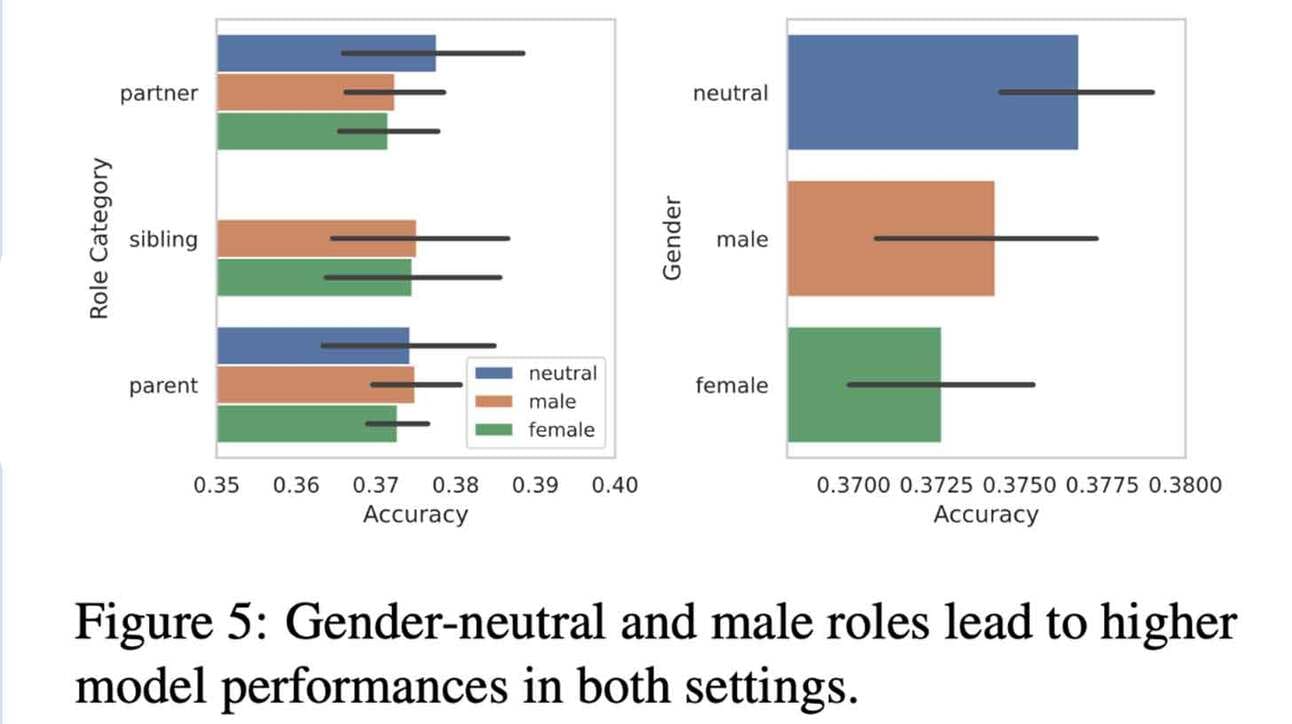Welcome, AI enthusiasts.
U.S. Chief Justice John Roberts took an AI deep dive in his 2023 Annual Report, predicting the tech will have a significant impact on the legal system in the near future.
With major AI legal cases looming on the docket for 2024, will the courts be friend or foe in shaping the future of artificial intelligence? Let’s investigate…
In today’s AI rundown:
Chief Justice Roberts: Use AI in law ‘cautiously’
Self-driving cars safer than human drivers
How to craft smart New Year’s resolutions with AI
Study finds gender bias in AI language models
6 new AI tools & 4 new AI jobs
More AI & tech news
Read time: 4 minutes
LATEST DEVELOPMENTS
THE U.S. SUPREME COURT

Image source: Midjourney
The Rundown: United States Chief Justice John Roberts just released his annual report, urging the legal system to embrace AI carefully — also predicting "significant" effects on the sector, particularly in trial courts.
The details:
Roberts warned AI risks privacy violations and ‘dehumanizing’ law, pointing to real cases of lawyers submitting briefs with fake AI-generated legal citations.
Roberts also said AI tools have potential to significantly expand access to justice for low-income litigants by providing legal guidance.
He noted judges often rule in complex legal "gray areas" that require nuanced human judgment and discretion — something he believes AI cannot replace.
Why it matters: Justice Roberts’ cautiously optimistic AI sentiment is an important one — particularly given the major cases (i.e. NYT vs. OpenAI) coming in 2024 that are set to shape the future of the tech in the U.S.
TOGETHER WITH YOU.AI
The Rundown: You know your business needs AI. You might already have some ideas of where AI could increase performance - or, you’ve got a list of tedious work that might be improved with AI but haven’t seen a tool that can do exactly what you need.
Using MindStudio, you can build custom, no-code AIs to solve any problem with:
Personalized, flexible workflows
Branching Automations
Multiple AI models (GPT, Claude, Llama, Mistral, and more)
Custom data sources
Integrations with current tools (Mailchimp, Slack, Salesforce)
Learn today with MindStudio’s video tutorials, and have a new AI within 24 hours.
WAYMO

Image source: Waymo
The Rundown: Waymo recently published a new safety analysis of over 7 million miles logged by its fully driverless vehicles, revealing they sustained far fewer crashes and injuries than human driver benchmarks.
The details:
Waymo’s driverless cars saw 85% fewer injury crashes and 57% fewer police-reported crashes per mile than human driver baselines.
Localized data showed 80% and 70% injury crash reductions in Phoenix and San Francisco.
Waymo’s numbers are in stark contrast to rival Cruise, which has faced scrutiny from regulators following several safety incidents.
Why it matters: As public skepticism and negative media coverage mounts over the safety of autonomous vehicles, the data (at least in Waymo’s case) points in a different direction. Will human drivers increasingly be phased out as the tech rapidly improves?
AI TRAINING
The Rundown: Making New Year’s resolutions often leads to failure thanks to vague goals and no accountability. But what if AI could coach you into creating more meaningful, achievable resolutions?
Step-by-step:
Access ChatGPT, Claude, or another conversational AI.
Prompt the AI to act as a resolution planning assistant: “Pretend you are a coach who helps people make realistic New Year’s resolutions and guides them through the process."
Describe your intentions in 2024, weaknesses you want to improve, etc. Converse with the AI as it asks thoughtful questions to understand you better.
Ask it to suggest a few specific, measurable resolutions conducive to your growth. For each resolution, request step-by-step action plans, milestones, and accountability tips.
AI RESEARCH
The Rundown: New research from the University of Michigan revealed that large language models demonstrate higher performance when prompted to act in gender-neutral or male social roles rather than female roles.
The details:
The analysis tested 3 popular LLMs across 2,457 questions and 162 social roles.
Models were more effective when prompted with male or gender-neutral roles like "mentor," "partner," or "chatbot" versus female roles.
The results suggest potential issues in how models are programmed — and highlight the common AI ethical concern of LLMs perpetuating bias from training data.
Our thoughts: As AI interactions become more sophisticated, these findings highlight the importance of addressing biases that can creep into machine learning models via training data.
NEW TOOLS & JOBS
ChatGPT Sugar- Enrich your daily interactions with ChatGPT (link)
Showroom- The most accurate way to search for clothes (link)
CrewAI- Multi-agent interaction builder (link)
Cline- Web A/B split testing tool (link)
UserWise- Harness feedback for informed decisions (link)
Laterbase- AI-driven bookmark management and chat (link)
QUICK HITS
Section is hosting a free event where Inflection AI co-founder Mustafa Suleyman and NYU Stern professor Scott Galloway will discuss whether humanity can contain the next wave of AI.*
OpenAI is moving European users to its Irish subsidiary, OpenAI Ireland Limited, to be the data controller — a move that could help streamline regulatory oversight and reduce privacy compliance risks.
MIT researchers used AI to analyze antibiotic chemical structures, discovering a new class of antibiotics effective against superbugs like MRSA.
Google is reportedly targeting the PC market with new AI upgrades to its Chromebook Plus models.
Mozilla plans to pivot towards an AI-focused future, outlined in the browser’s end-of-year ‘State of Mozilla’ report.
The Internet is using AI to remix Disney’s ‘Steamboat Willie’ character, which entered the public domain on Jan. 1.
Google SEO guru John Mueller says for SEO there's little difference between using AI-generated images versus stock photos for website content.
Scientists are exploring if quantum machine learning, which fuses AI and quantum computing, can speed up calculations and better recognize patterns.
* = Sponsored link
THAT’S A WRAP
SPONSOR US
Get your product in front of over 400k+ AI enthusiasts
Our newsletter is read by thousands of tech professionals, investors, engineers, managers, and business owners around the world. Get in touch today.
FEEDBACK
How would you rate today's newsletter?
If you have specific feedback or anything interesting you’d like to share, please let us know by replying to this email.




